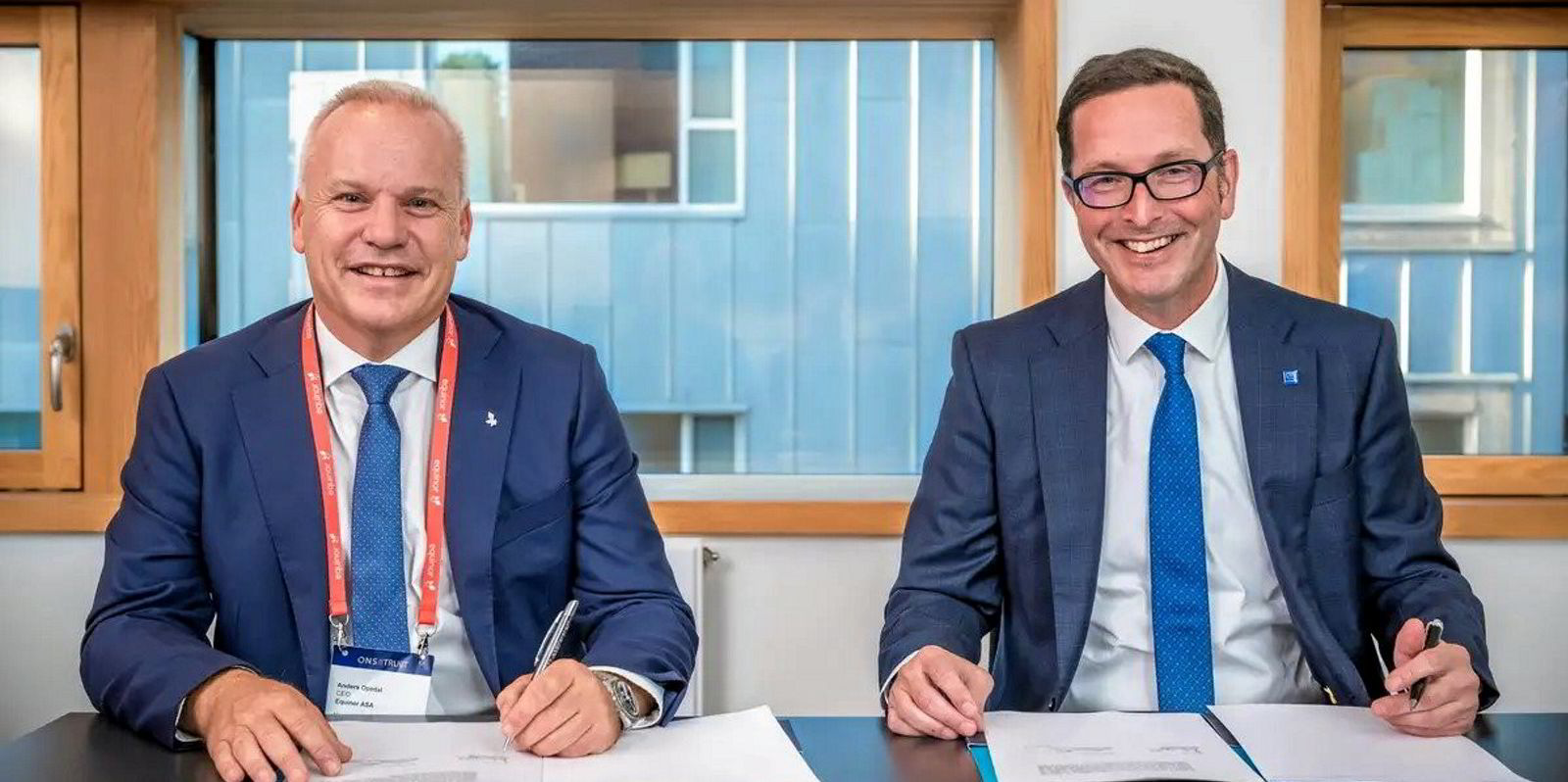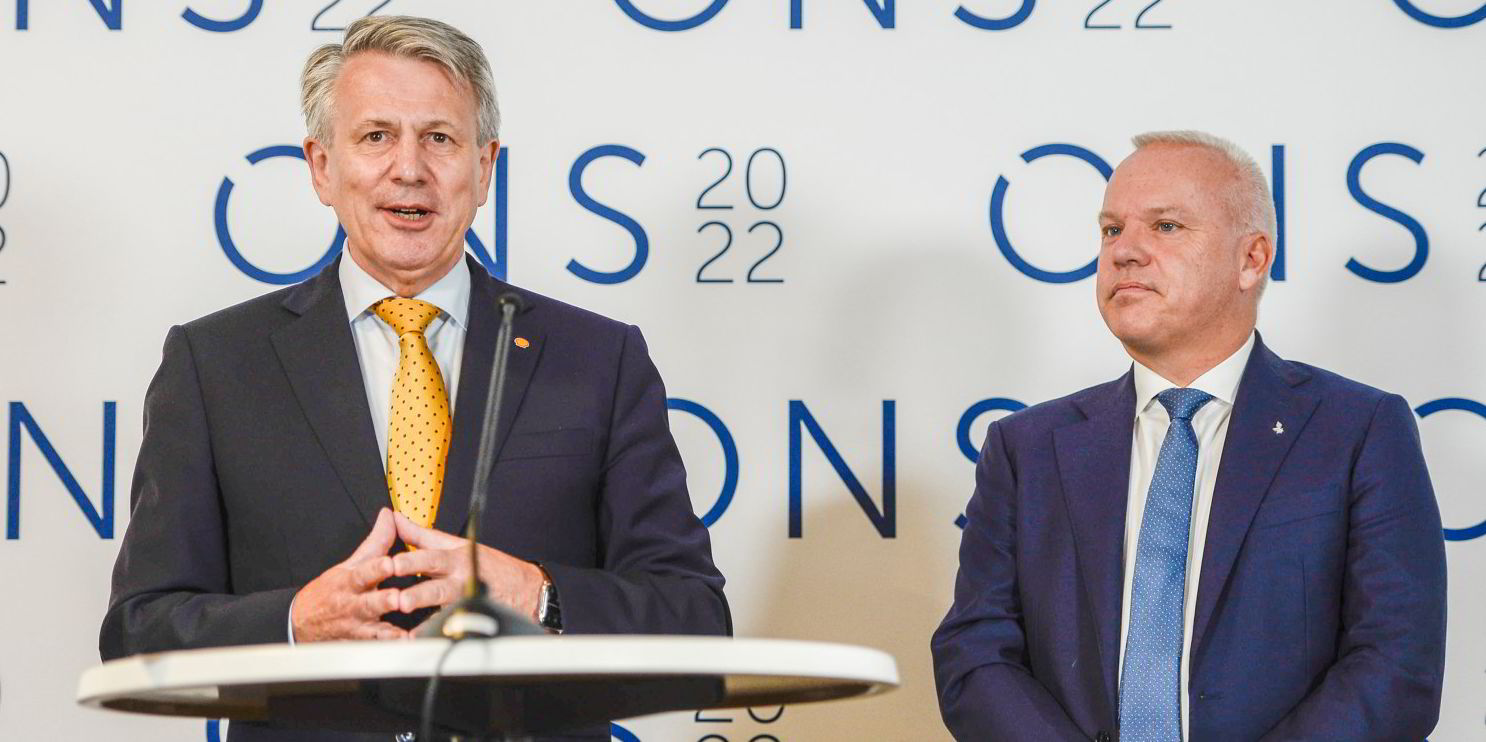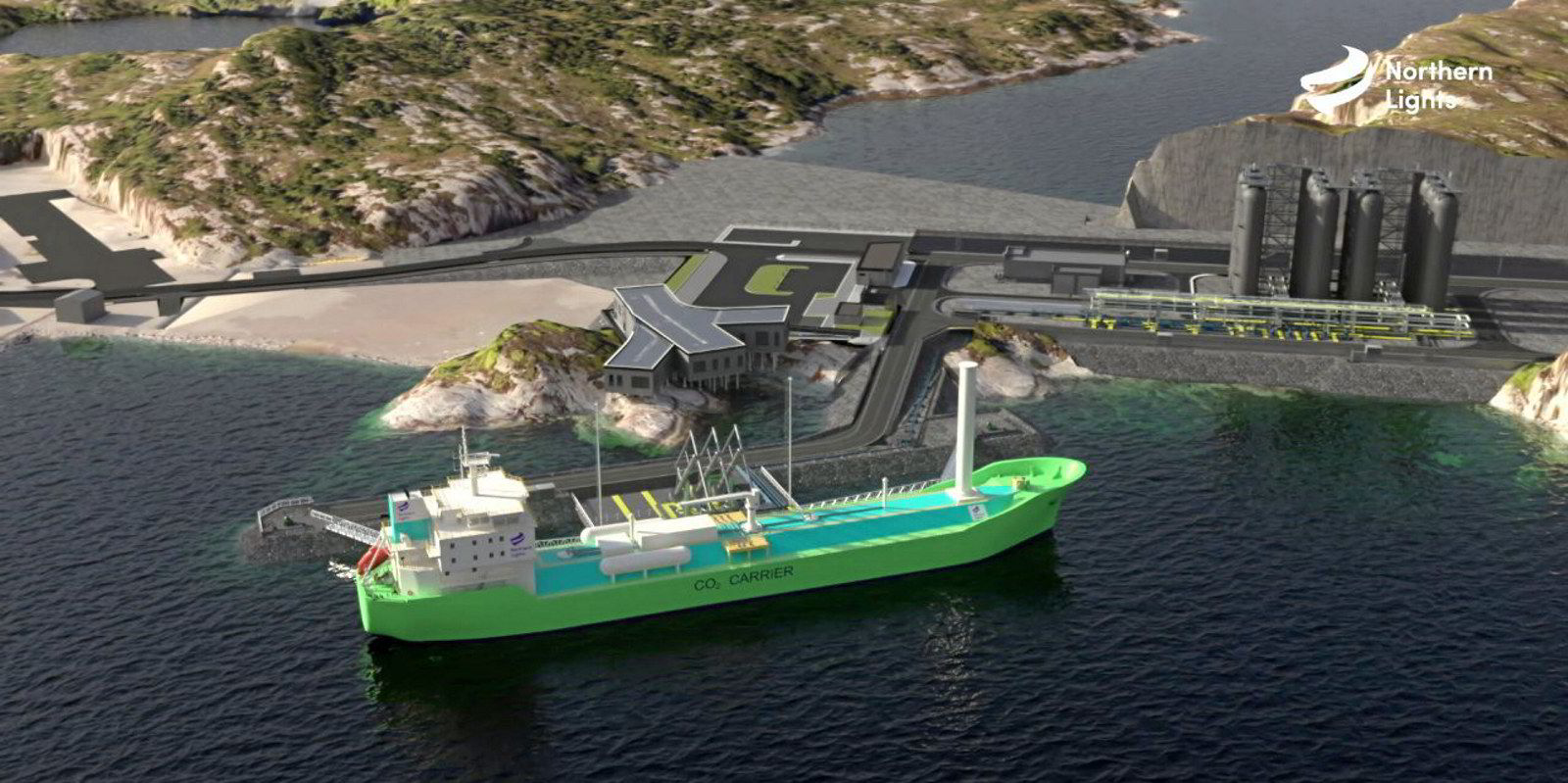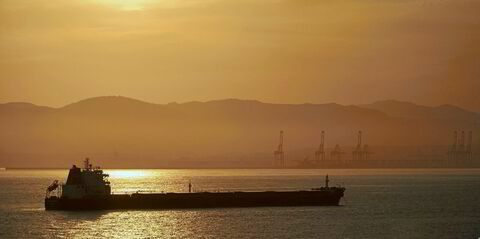Norwegian energy company Equinor has teamed up with German oil and gas producer Wintershall Dea to develop a large carbon capture and storage (CCS) project that will connect CO2 emitters in Europe with sites on the Norwegian Continental Shelf.
Dubbed the Norwegian-German or NOR-GE CCS project, Equinor said it intends to connect Germany — the largest CO2 emitter in Europe — with Norway, which holds Europe’s largest CO2 storage potential.
At the centre of the project will be a 900-kilometre-long pipeline linking the CO2 collection hub in northern Germany with the storage sites in Norway.
This will have the capacity to carry 20 million to 40 million tonnes per annum (mtpa) of CO2, which is equivalent to around 20% of Germany’s industrial emissions.
“The project will also consider an early deployment solution where CO2 is planned to be transported by ship from the CO2 export hub to the storage sites,” Equinor said.
Wintershall Dea, which has worked on the Greensand Project in the Danish North Sea and is a partner in the Snohvit CCS development, and Equinor said they also plan to apply jointly for offshore CO2 storage licences, aiming to store between 15 mtpa and 20 mtpa on the Norwegian Continental Shelf.
Anders Opedal, president and chief executive of Equinor, said: “This is a strong energy partnership supporting European industrial clusters’ need to decarbonise their operations.
“Wintershall Dea and Equinor will work together to establish technical and commercial solutions for the development of cross-border CCS value chains in Europe and work with governments to shape a regulatory framework that can enable it,” Wintershall Dea chief executive Mario Mehren said.
The new partnership on CCS comes a day after the Northern Lights joint venture of Shell, TotalEnergies and Equinor announced the world’s first commercial agreement on cross-border CO2 transportation and storage with ammonia producer Yara.
Under this, from early 2025 some 800,000 tonnes of CO2 will be captured, compressed and liquefied from Yara Sluiskil, an ammonia and fertiliser plant in the Netherlands and shipped to the Northern Lights Oygarden receiving terminal for storage on the Norwegian continental shelf.
On Monday, Opedal said that based on learnings from the Northern Lights project, his company plans to develop further the storage capacity potential of offshore Norway with an ambition to have an equity capacity of 15 mtpa to 30 mtpa of CO2 by 2035.





